In the vast culinary landscape, dumplings stand as a timeless delicacy, transcending cultural boundaries and delighting palates worldwide. Whether steamed, boiled, or pan-fried, these bite-sized morsels encapsulate a myriad of flavors and textures, making them a favorite among food enthusiasts. However, when it comes to making mindful dietary choices, the allure of traditional meat-filled dumplings can sometimes pose a challenge, particularly for those watching their calorie intake. This is where vegetarian dumplings, or su gow (素餃子) as they are known in some regions, emerge as a stellar option, offering a delightful and nutritious alternative that is significantly lower in calories.
The Caloric Advantage of Vegetarian Dumplings
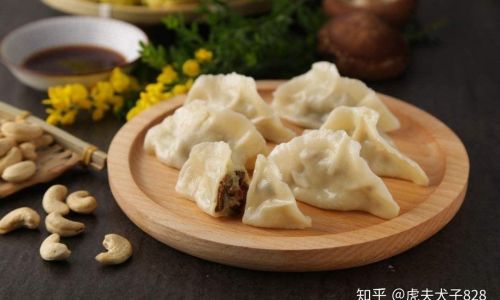
The appeal of choosing vegetarian dumplings lies primarily in their calorie content. Traditional meat-filled dumplings, especially those made with ground pork, beef, or lamb, can be quite dense in calories and fat. In contrast, vegetarian dumplings, typically stuffed with a variety of vegetables, tofu, mushrooms, or other plant-based ingredients, provide a lighter, healthier alternative. The absence of meat means fewer calories per serving, making them an excellent choice for individuals aiming to maintain or lose weight.
For instance, a standard pork dumpling might contain around 50-70 calories, depending on its size and preparation. In comparison, a vegetarian dumpling, filled with ingredients like spinach, carrots, and tofu, can clock in at around 30-40 calories per piece. This difference becomes even more significant when considering a typical serving size, which might include 10-15 dumplings. By opting for the vegetarian variety, one can enjoy a satisfying meal without the calorie overload, making it easier to fit into a balanced diet plan.
Nutritional Benefits Beyond Calories
Beyond their calorie-saving advantages, vegetarian dumplings offer a range of nutritional benefits that cannot be overlooked. Vegetables are rich in vitamins, minerals, antioxidants, and dietary fiber, all of which contribute to overall health and well-being. For example, leafy greens like spinach and kale provide iron and calcium, while carrots are a great source of beta-carotene, which the body converts into vitamin A. Mushrooms, often used in vegetarian dumplings, are packed with vitamins B and D, as well as essential minerals like potassium and selenium.
Moreover, the inclusion of tofu or tempeh in vegetarian dumplings adds a boost of plant-based protein, making these dishes more satisfying and helping to build and maintain muscle mass. This is particularly beneficial for vegetarians and vegans who may struggle to meet their protein needs through diet alone. The dietary fiber present in vegetables also aids in digestion, promotes regular bowel movements, and helps maintain blood sugar levels, all contributing to a healthier gut microbiome.
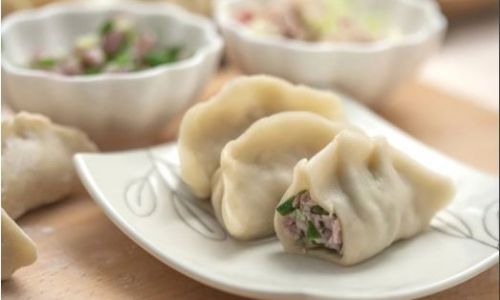
Versatility and Flavor Profiles
One of the greatest strengths of vegetarian dumplings lies in their versatility. Unlike meat-filled dumplings, which often rely on a limited range of flavors, vegetarian options can be as diverse as the imagination allows. From classic combinations like cabbage and tofu to more adventurous fillings featuring roasted sweet potatoes, edamame, and even fermented vegetables like kimchi, the possibilities are endless.
This versatility extends to the sauce and dipping options, too. While soy sauce, vinegar, and sesame oil are traditional favorites, vegetarian dumplings can also be paired with creative dips like a spicy tahini sauce, a zesty avocado cream, or a tangy pickled vegetable relish. These condiments not only enhance flavor but also add additional layers of nutrition, making each bite a delightful exploration of taste and texture.
Incorporating Vegetarian Dumplings into a Healthy Lifestyle
Integrating vegetarian dumplings into a healthy lifestyle is both easy and enjoyable. They can be a part of a balanced breakfast, lunch, or dinner, serving as a satisfying and nutritious main course or a delightful side dish. For breakfast, consider pairing them with a steaming bowl of miso soup and a side of steamed greens. For lunch or dinner, they can be served alongside a quinoa or brown rice salad, providing a complete meal that is both filling and nutritious.
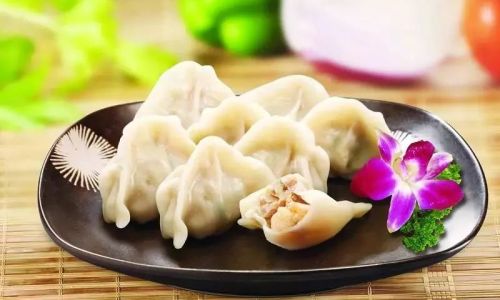
For those who enjoy meal prep, vegetarian dumplings can be made in advance and frozen, making them a convenient option for busy weekdays. Simply thaw, steam, or pan-fry as needed, and enjoy a homemade, healthy meal in minutes.
Conclusion
In conclusion, opting for vegetarian dumplings is a smart and delicious way to reduce calorie intake while enjoying a nutritious and flavorful meal. Their low-calorie profile, coupled with a myriad of health benefits, makes them an ideal choice for anyone looking to make more mindful dietary choices. Whether you’re a vegetarian, vegan, or simply someone watching your calorie intake, vegetarian dumplings offer a versatile, satisfying, and nutritious option that is sure to delight your taste buds and nourish your body. So, the next time you’re craving dumplings, remember: choose vegetarian, and savor the healthful delight.

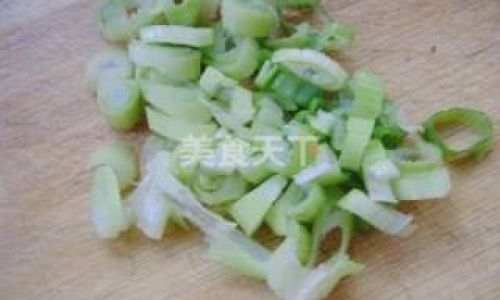
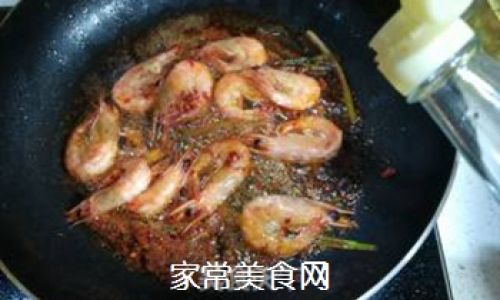


0 comments